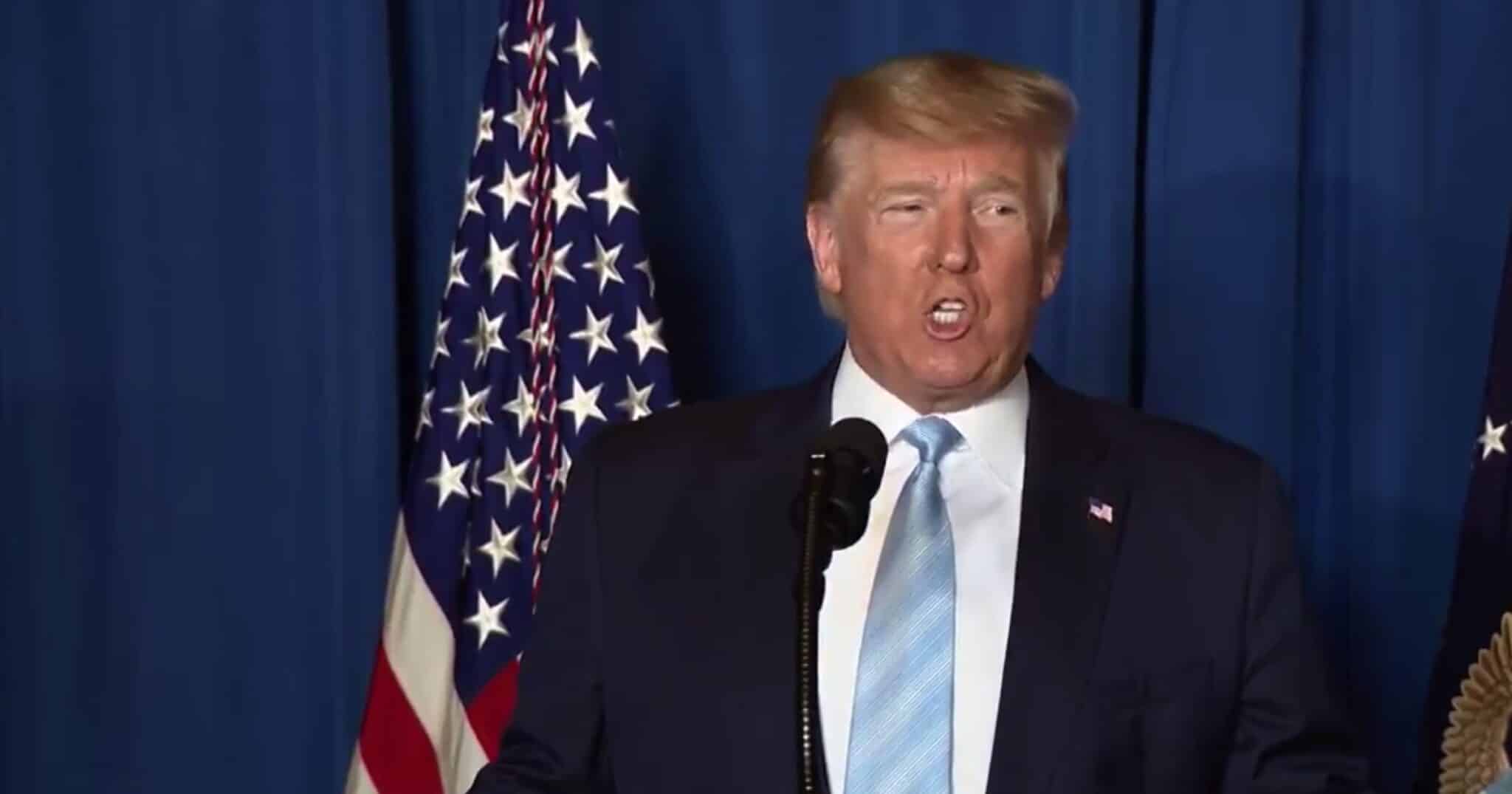








In a significant move, the White House has issued an executive order to halt Nippon Steel's proposed $15 billion acquisition of U.S. Steel, citing national security concerns.
The Daily Caller reported that this order mistakenly included parts from a past directive related to Chinese real estate acquisitions but was aimed at protecting a crucial American steel producer from foreign control.
The acquisition was valued at approximately $15 billion and was intended to have Nippon Steel, a major Japanese corporation, take ownership of the American industrial stalwart, U.S. Steel.
According to a previous announcement by Nippon Steel dated January 5, 2024, the aim was to bolster competition against Chinese steel giant Baowu Steel Group. However, the U.S. government perceived the acquisition differently, emphasizing national security issues.
The decision from the presidential office to prevent this acquisition came after an extensive review conducted in December. Despite the review process not leading to a clear consensus, the pervasive concern was the potential risk of having a leading American steel producer fall under foreign control. President Joe Biden highlighted the potential threats this might pose to American national security and critical supply chains.
The executive order inadvertently included phrasing from a previous order related to Chinese Real Estate acquisitions published in May.
Nevertheless, the core intention remained clear—to shield a prominent U.S. steel manufacturer from foreign involvement. By doing so, the administration aimed to prevent possible vulnerabilities in the national industrial base.
President Biden's rationale behind blocking the transaction was outlined in an emphatic written statement. His message stressed the importance of maintaining U.S. leadership in steelmaking capacities, which he sees as crucial for safeguarding the nation's interests.
He went on to explain how this decision was supported by insights from experts within the executive branch regarding security and trade dynamics.
Acknowledging the seriousness of foreign acquisitions, Biden clarified his administration's stance by stating, "We need major U.S. companies representing the major share of U.S. steelmaking capacity to keep leading the fight on behalf of America’s national interests." This underscored the administration's view that maintaining domestic control over significant industrial entities is vital.
In an unusual development, part of the executive order was misaligned with the current issue by mirroring language from an earlier directive pertaining to Chinese real estate.
This oversight did not detract from the main objectives of the recent order but raised some eyebrows nonetheless.
The mention of preventing real estate acquisitions by Chinese entities was presumably intended to exhibit a consistent message regarding foreign control over American assets, though misplaced in this context. The slip highlighted the complexities and pressures of drafting such high-stakes legal instruments.
To further clarify, President Biden reiterated, "As a committee of national security and trade experts across the executive branch determined, this acquisition would place one of America’s largest steel producers under foreign control and create risk for our national security and our critical supply chains."
Nippon Steel, reacting to the denial, argued that the merger would have spurred stronger competition against formidable international players like China’s Baowu Steel Group. This assertion highlights the complicated dynamics in the global steel industry, where competitive pressures are significant.
While the administration’s actions signal a commitment to preserving economic sovereignty, they also illustrate some of the challenges of navigating international financial transactions in an increasingly interconnected economy. The aim of ensuring that critical industries remain under domestic control is clearly a top priority for policymakers in Washington.


